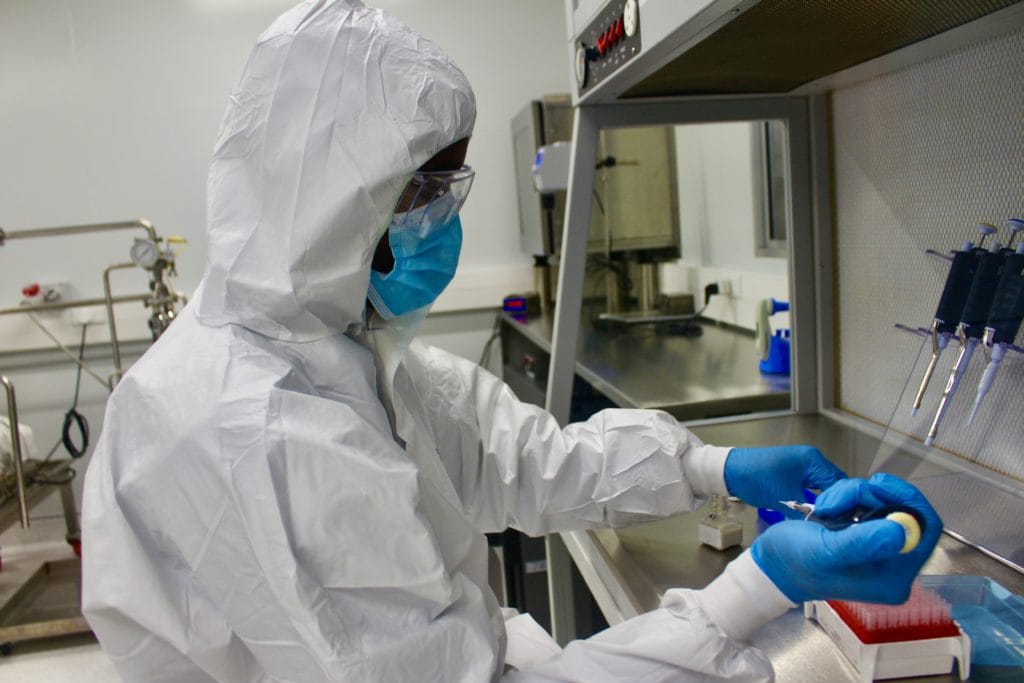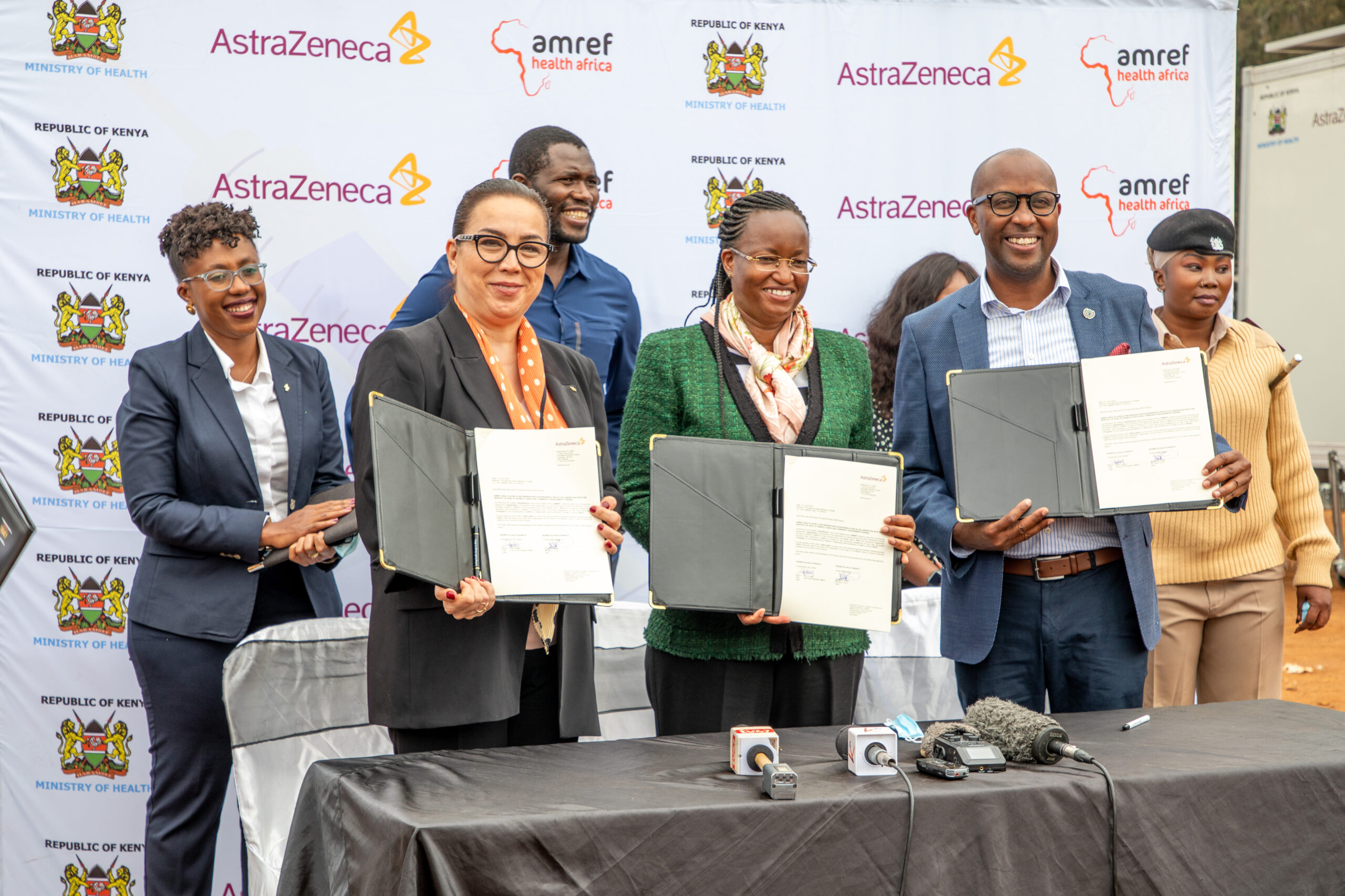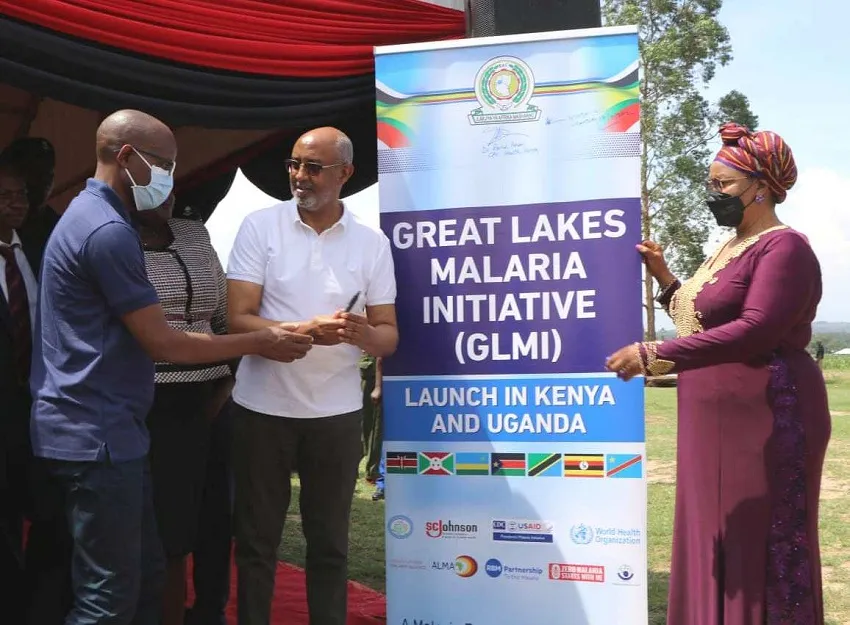Relieving Women from the Burden of HIV
Monday, 10 June, 2019

According to a UNAIDS Report, 19 million out of the 35 million people living with the HIV virus today do not know that they have the virus. Furthermore, women continue to carry the greatest burden of the virus with young women getting infected almost ten years earlier than their male counterparts. For Felister, a 23 year old mother of two children, these numbers are more than statistics, they are her reality.
The year was 2012, and Felister had a lot to look forward to in life. She was recently married and had just delivered her first child with her husband when he fell ill. At the hospital, bad news was looming. He was screened and tested positive for HIV. Felister was shocked by the diagnosis, but she says that her husband seemed to have known about it and failed to disclose his status to her. She had already been going to the clinic for postnatal services and every time the doctors ran tests on her, her blood work came back negative, giving her a false sense of reprieve. Just after her baby turned nine months, she was tested again, but this time the results came back positive. Her doctor immediately advised her to stop breastfeeding her child, and she was put on ARVs. Her baby was also put on Nevirapine prophylaxis to prevent postnatal infection.
The HIV diagnosis was just the beginning of Felister’s woes. Despite the fact that she was immediately put on a regimen of ARVs, she quickly found out that the facility was constantly stocked out on the lifesaving medication, which meant that she had to source elsewhere for the drugs. She says that during that time, she was weak and unwell almost constantly because of not regularly taking her medication. There were instances where she would walk for hundreds of kilometres to Isiolo, Nanyuki or even Kimanju, but even then, she had no guarantees that she would get the medication, and at times came back home empty handed.
With the support of USAID through APHIAplus IMARISHA, the Oldonyiro Dispensary in Samburu started stocking the ARVs and people living with HIV/AIDS in the area now have a sense of reprieve. The medication was now right at their doorstep, and they no longer have to walk long distances to get the medication. Felister says that she is now happy because the dispensary has a regular supply of the ARVs and she only walks a short distance to access it.
Today, Felister’s first baby is a healthy HIV negative boy. She delivered another baby after that, a girl, who is also HIV negative. She says that she is grateful to the USAID funded activity and the health workers at the facility, because they have given both her and her family a second shot at life. Without the drugs, Felister’s life, and that of her two children, would have taken a turn for the worst.
With funding from USAID through APHIAplus IMARISHA, 1.4M people have been tested for HIV including 415,782 pregnant women and 13,303 people living with HIV identified in the Northern Arid Lands (NAL) region.







